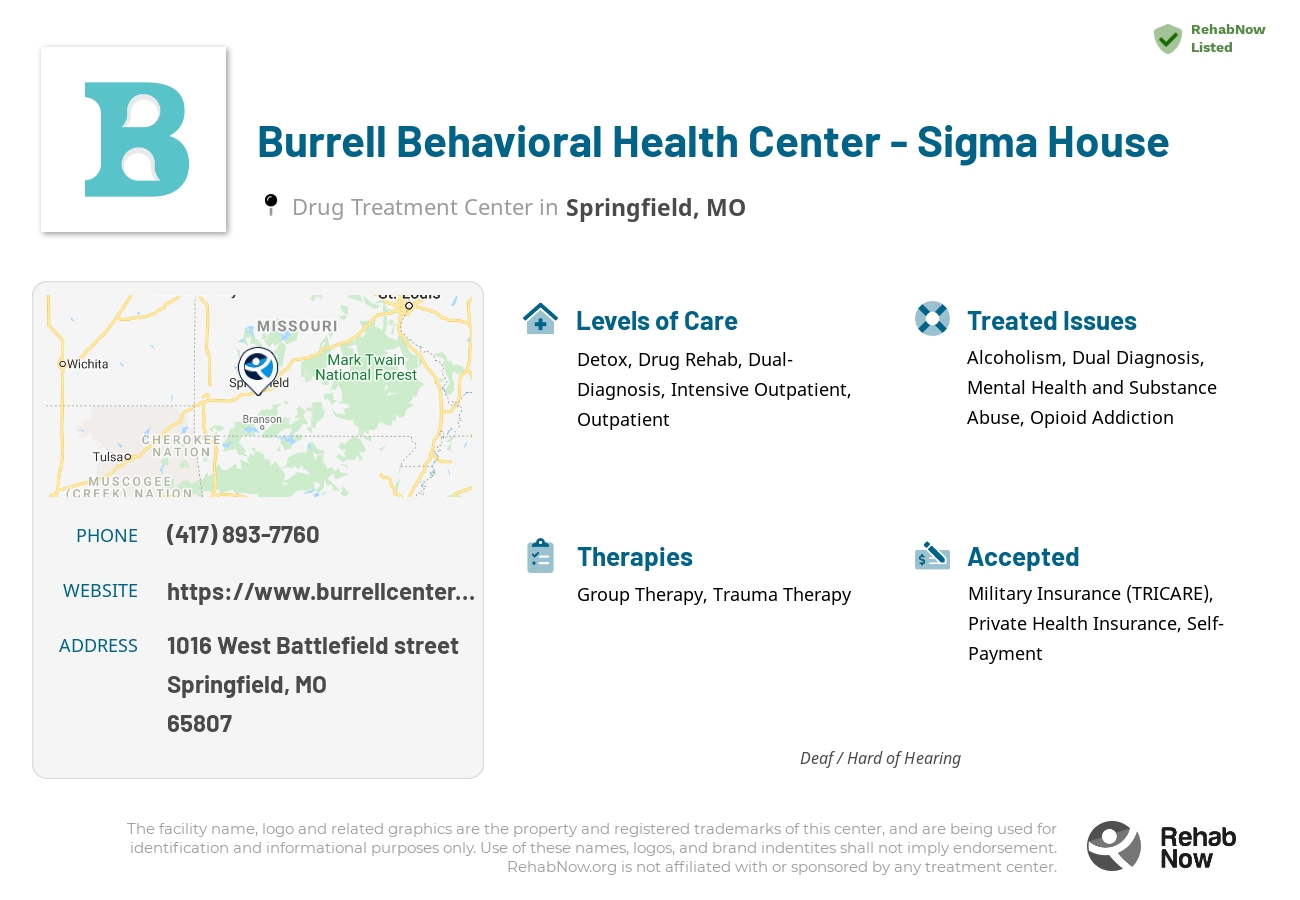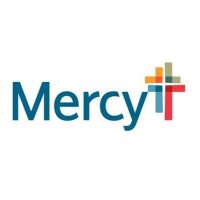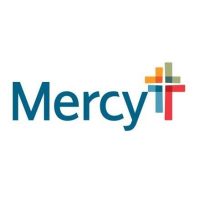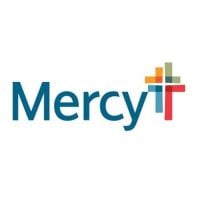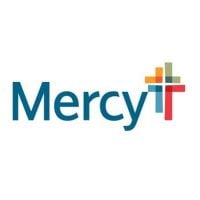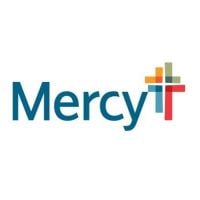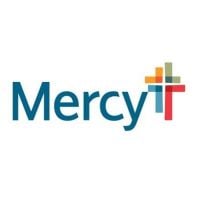Burrell Behavioral Health Center - Sigma House
Drug Rehab Center in Springfield, Missouri
Burrell Behavioral Health Center - Sigma House in Springfield, MO offers drug rehab programs designed to provide evidence-based treatment modalities, individual and group therapy sessions, and a safe and supportive environment to individuals seeking to overcome addiction and achieve long-term sobriety, accepting private health insurance.
About This Missouri Facility
Burrell Behavioral Health Center - Sigma House is an addiction treatment facility located in Springfield, Missouri. The facility specializes in treating alcoholism, opioid addiction, dual diagnosis, and drug addiction. They offer a wide range of services such as detox, drug rehab, dual-diagnosis, intensive outpatient, and outpatient levels of care. They accept private health insurance and are affiliated with Burrell Behavioral Health.
Burrell Behavioral Health Center - Sigma House's team of professionals uses a variety of evidence-based practices to help individuals manage their addiction and achieve long-term recovery. These practices include individual and group therapy, medication management, relapse prevention, and life skills development. They also provide a variety of holistic therapies such as yoga and meditation to further support their patient's recovery. They have a highly trained and compassionate staff that works to create individualized treatment plans to best meet each patient's needs and ensure they have access to the resources they need for successful and lasting sobriety.
Genders
Ages
Modality
Additional
Conditions and Issues Treated
Opioid abuse has become a national epidemic in the last decade. The US has one of the world’s highest rates of opioid use and abuse, as well as opioid-related deaths. Opioids are classified as Schedule II-IV controlled substances in the US due to their high potential for abuse.
Oxycodone, hydrocodone, methadone, and fentanyl are the most common Opioids and are commonly prescribed to treat pain. Tolerance to opioids develops over time, making life difficult, if not impossible, without them. Opioid users often obtain the drugs illegally. They can be drug dealers, friends, or family members who do not have valid prescriptions.
The desire for a more intense high than prescription opioids can quickly lead to heroin use. Heroin users are more prone to illness and death due to the high risk of overdose.
Many opioid addicts who seek treatment believe that the only way to overcome their addiction is through medical detox and long-term drug addiction rehab. To help patients wean off their addiction and reduce the risk of overdose, medication-assisted therapy (MAT) involves prescribing a replacement opioid. Doctors use MAT in conjunction with other anti-craving medications to help patients maintain recovery. Due to the high risk of relapse, MAT is often combined with individual and group counseling and social support programs.
When addiction and psychiatric issues co-occur, the addict’s recovery is more successful when both conditions are treated. A dual diagnosis refers to a condition in which the patient is diagnosed with two health issues: addiction and bipolar disorder. The most common therapies are psychotherapy, behavioral therapy, spiritual counseling, 12-step programs, and medication management.
Levels of Care Offered at Burrell Behavioral Health Center - Sigma House
This center offers a variety of custom treatment tailored to individual recovery. Currently available are Detox, Drug Rehab, Dual-Diagnosis, Intensive Outpatient, Outpatient, with additional therapies available as listed below.
The detoxification process typically includes some combination of the following: medical supervision, medication to help alleviate withdrawal symptoms, drug testing to monitor progress, and counseling.
Tackling the physical symptoms of withdrawal is essential to ensure that an individual can focus on the psychological aspects of the addiction without focusing on the physical pain that comes with withdrawal.
Withdrawal symptoms can be uncomfortable, even life-threatening, so carefully managing the detox process is extremely important. In many cases, more advanced pharmaceutical interventions are used to treat more severe withdrawal symptoms. Medication might help alleviate discomfort associated with detox, including nausea and headaches.
Intensive outpatient treatment is a form of addiction care that allows patients to continue living at home while undergoing treatment. This type of care is appropriate for patients who have been treated in residential treatment programs. Intensive outpatient programs include regular visits to the facility providing therapy, and patients gradually return to their routine life. IOP benefits most when patients have a supportive family member or friend to help them recover.
The first step to getting into an intensive outpatient program is to attend a detoxification facility. Detoxification facilities are designed to remove substances from the body safely. The patient will attend sessions designed to help them understand their addiction and its impact on their lives. While in an intensive outpatient program, therapy sessions are scheduled three to five times per week, with the patient attending no more than two sessions in one day.
An outpatient treatment program is set up to help with alcohol or drug addiction or a co-occurring disorder. The patient must attend the facility for their therapy and other programs but can return home each night.
The frequency of mandatory attendance decreases after much of Burrell Behavioral Health Center - Sigma House‘s program is complete.
Outpatient treatment is a recovery approach that allows recovering addicts to live at home while getting rehab for addiction
An outpatient can include day treatments which include attending group sessions one hour per week. A person living in an outpatient environment may be allowed the opportunity to work full time if they choose to and continue studies without interruption from drugs/alcohol.
Outpatient treatment is an option for people who want to maintain their careers and families. Outpatients live at home but attend treatment such as individual counseling, group counseling, or twelve-step meetings during the day.
Therapies & Programs
In group therapy, recovering addicts meet with a therapist and other people in recovery. Some groups are closed, meaning only people who share the same addiction or problem can attend. Others are open to anyone who wants to stop using drugs or drinking alcohol. Group therapy sessions typically focus on one topic each week or month so that recovering addicts can discuss issues they face daily.
Trauma therapy allows people to face and learn from past traumas.
Many people suffer childhood traumas that lead to adult addiction. During treatment at Burrell Behavioral Health Center - Sigma House [/type], you can move forward in your recovery and reclaim your sober future! Trauma is a common cause of psychological disorders like Addiction Disorder. It’s common in Addictive Disorders patients because traumatized people have strong emotions or thoughts that lead to addictive behaviors.
Payment Options Accepted
For specific insurance or payment methods please contact us.
Is your insurance accepted?
Ask an expert, call (888) 674-0062
Burrell Behavioral Health Associated Centers
Discover treatment facilities under the same provider.
- Burrell Behavioral Health - South Campbell in Springfield, MO
- Burrell Behavioral Health in Carrollton, MO
- Burrell Behavioral Health - Cherry Street in Springfield, MO
- Burrell Behavioral Health - Branson in Branson, MO
- Burrell Behavioral Health - Outpatient in Marshfield, MO
Learn More About Burrell Behavioral Health Centers
Additional Details
Specifics, location, and helpful extra information.
Springfield, Missouri 65807 Phone Number(417) 893-7760 Meta DetailsUpdated November 25, 2023
Staff Verified
Patient Reviews
There are no reviews yet. Be the first one to write one.
Springfield, Missouri Addiction Information
Opioid-related overdoses in Missouri have been increasing steadily for the past three decades. In 2018, more than 1,130 people in Missouri died from opioid abuse. Methamphetamines and marijuana abuse have surpassed opioid abuse in Missouri. Missouri is the number 1 methamphetamine manufacturer in the country with more than 27 meth labs per 100,000 people.
There are around 9,000 people who are addicted to drugs in Springfield, MO. This accounts for around 7% of the population. Around 2,000 people have an addiction to this cocaine. Other types of drugs abused in Springfield include heroin, methamphetamine, painkillers, and marijuana. 17.8% of high school students are reported using an illicit drug. Drug treatment in Springfield, MO, typically involves detoxification, therapy, and aftercare.
Treatment in Nearby Cities
- Reeds Spring, MO (28.6 mi.)
- Rogersville, MO (14.1 mi.)
- Bloomfield, MO (187.4 mi.)
- La Belle, MO (217.9 mi.)
- Kennett, MO (191.2 mi.)
Centers near Burrell Behavioral Health Center - Sigma House
The facility name, logo and brand are the property and registered trademarks of Burrell Behavioral Health Center - Sigma House, and are being used for identification and informational purposes only. Use of these names, logos and brands shall not imply endorsement. RehabNow.org is not affiliated with or sponsored by Burrell Behavioral Health Center - Sigma House.


